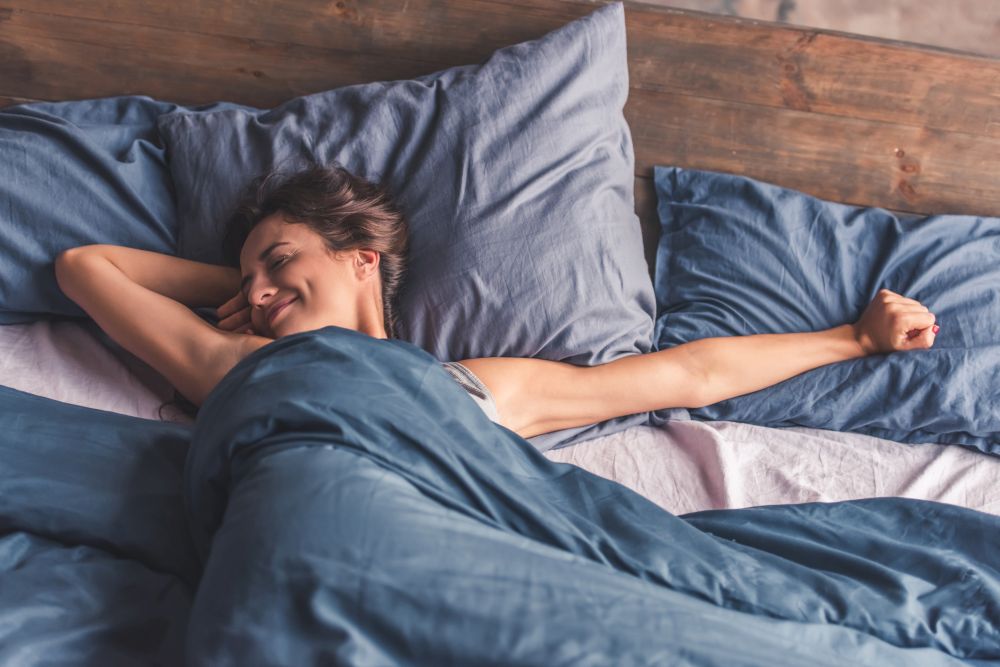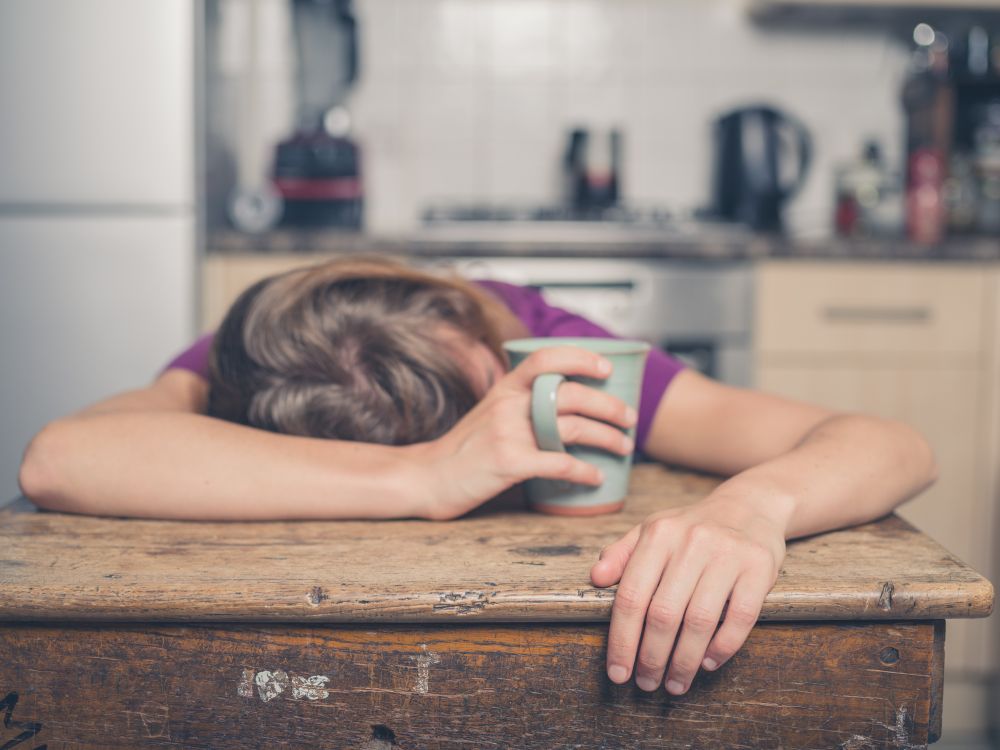5 ways winter affects your sleep
The shorter days and colder temperatures can disrupt your sleep cycles — here's how to deal with it

As the end of the year approaches, the days are getting shorter and colder. While cold temperatures and long, dark nights seem like perfect conditions for sleeping, there are several winter-specific challenges that can impact your sleep and thus, your training. As we head into the winter months, be mindful of these potential problems so you can continue to run well all season long.

Problem: disruptions in your circadian rhythm
For many runners, the winter makes them want to sleep more, which can sometimes lead to over-sleeping. This is because your circadian rhythm, which is dictated by sunlight, can easily be disrupted in the winter. Short days, limited sunlight and extended periods of darkness can alter your body’s production of important sleep-related hormones like melatonin, serotonin and cortisol, which can cause changes to your energy levels and make you more inclined to catch some extra zzz’s.
When these hormone levels are in flux and your circadian rhythm is disrupted, you’re also more likely to experience behavioural and mood changes, such as seasonal affective disorder (SAD), which may make you want to sleep more as well.
Fix: make a routine and get light exposure
Changing your sleep routine by going to bed earlier, sleeping in later or taking more naps will only disrupt your circadian rhythm further. Instead, do your best to stick to your usual sleeping routine, as long as that routine allows you to get seven to nine hours of sleep every night. You can also try using a lightbox or SAD lamp, particularly in the morning, to increase your light exposure to help regulate your hormones and improve your energy and mood.
Problem: dry air

Running the heat constantly is necessary to keep our homes warm in the winter, but it can cause problems for sleep, too. Indoor heating can dry out the nose and throat, which can cause you to wake up more frequently throughout the night.
Fix: use a humidifier
A humidifier can add moisture back into the air to make your sleeping conditions more comfortable. As a bonus, your skin will thank you, too.
Problem: too warm or too cold

The optimal sleep temperature for most people is between 20 C and 22 C (68 and 72 F). Temperature plays a critical role in sleep, and often, runners can over-compensate for the cold temperatures by piling on warm blankets and pajamas, causing them to overheat.
Fix: choose natural fibres
Most sleep experts agree that bedding materials made of natural fibres, like cotton and linen, are the best at preventing overheating because they’re the most breathable. Remember to keep your bedroom temperature cool, and go easy on the number of blankets and quilts.
Problem: cold and flu medications

Tis’ the season for colds and flus, and some of the common over-the-counter medications to deal with the sniffles can cause problems with your sleep with symptoms ranging from excessive drowsiness to insomnia.
Fix: read the labels
Make sure you understand how your medications might impact your sleep and take them accordingly.
Problem: alcohol

Along with the winter comes the holiday season, and that means a calendar full of social engagements. For many, this leads to more drinking. While alcohol can act like a sedative in the short term, it reduces the quality of your sleep overall, which can affect your mood and your ability to recover from your runs and workouts.
Fix: use moderation
This doesn’t mean you shouldn’t drink at all during the holidays, but practicing moderation will reduce alcohol’s impact on your sleep, which will improve your energy levels and your mood.


